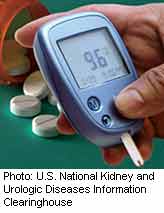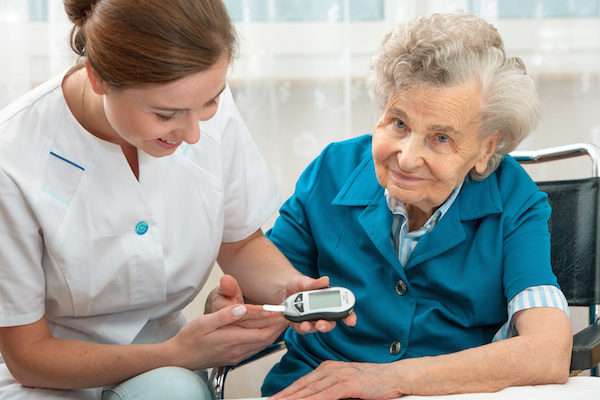
MONDAY, Dec. 27 (HealthDay News) — Injectable and oral birth control do not significantly affect a woman’s fasting glucose and insulin levels, according to a new research.
The three-year study is the largest to measure fasting glucose and insulin levels among women using oral (desogestrel), injectable (DMPA), and non-hormonal (bilateral tubal ligation, condom, or abstinence) methods, said the researchers at the University of Texas Medical Branch in Galveston.
They found that women using DMPA experienced slight increases in glucose and insulin levels. Their glucose levels increased steadily during the first 30 months of using DMPA, with the greatest increase occurring during the first six months. These increases, however, were not large enough to cause concern, according to the researchers.
The study appears in the January issue of the journal Obstetrics and Gynecology.
“Previous studies were limited in scope and offered conflicting results, which led physicians to question whether hormonal contraception could lead to diabetes,” lead author Dr. Abbey Berenson, professor, Department of Obstetrics and Gynecology and director of the Center for Interdisciplinary Research in Women’s Health, said in a UTMB Health news release.
“Further studies are needed to determine how women with diabetes are affected by DMPA and oral contraception, but these results are reassuring for non-diabetic women already receiving the shot or on the pill,” she added.
More information
The American Congress of Obstetricians and Gynecologists has more about contraception.

